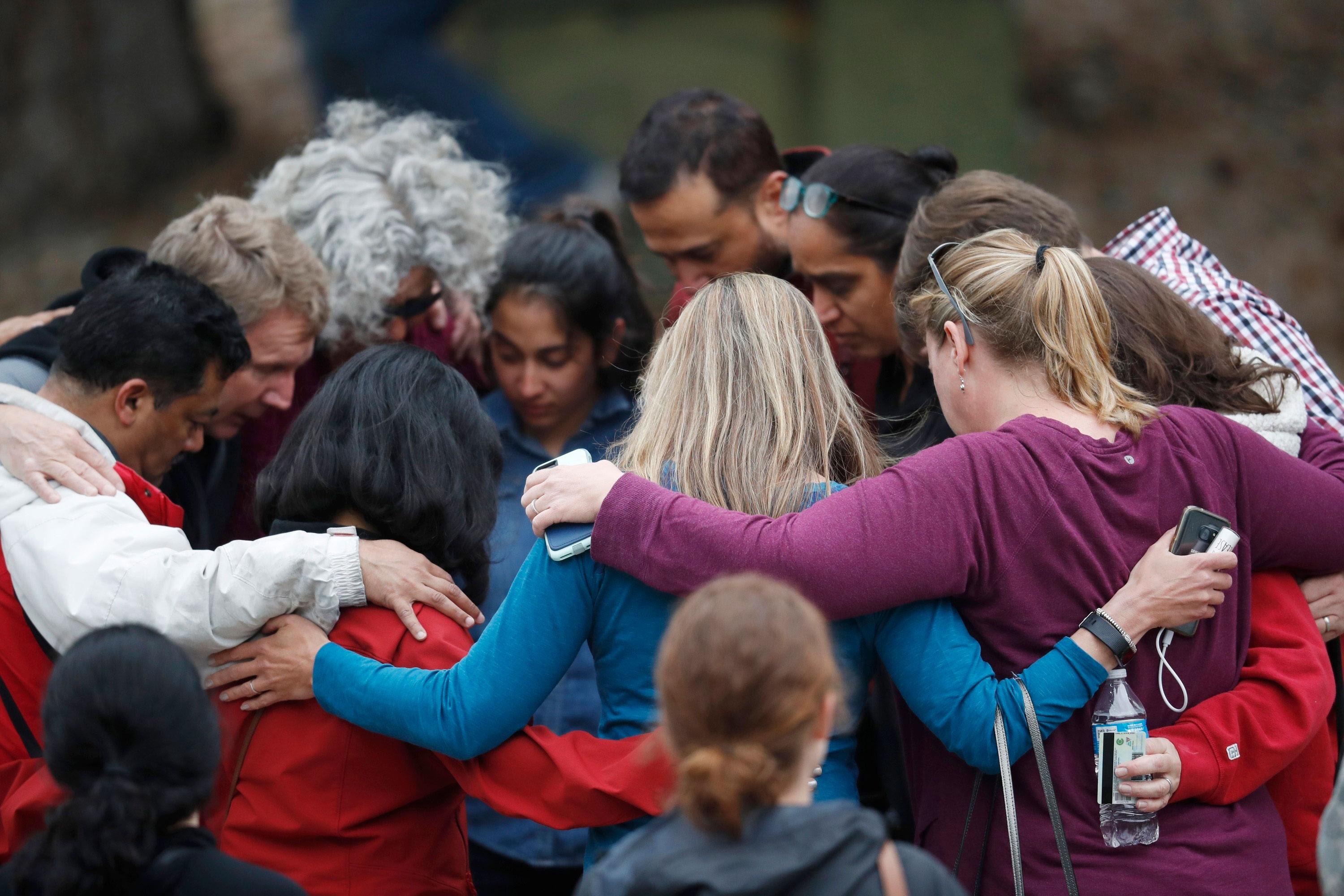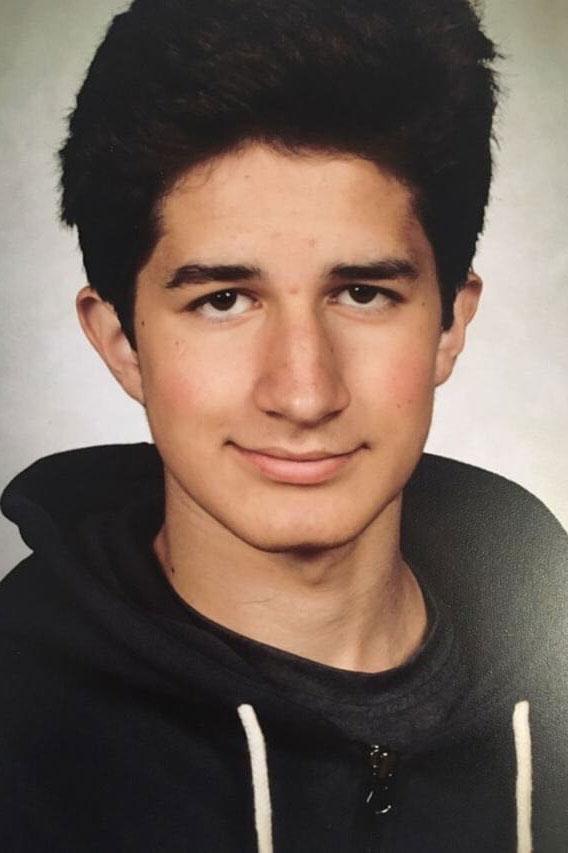

At first, it was a normal day for Marcus Sovich. The 15-year-old sophomore was in history class at STEM School Highland Ranch. Then came the lockdown.
He and his classmates heard muffled sounds from the hallways. Then after about 10 minutes they started getting worried. It didn’t seem like a drill.
They hunkered down in the classroom, away from the door. Sovich said some students were on their phones and saw it was a shooting. A half hour or more after it all began, “the SWAT team busted down the door,” Sovich said. “Then they pointed their guns at us and told us to put hands in the air and they walked us out single file out of the school.”
Later, he and others found out two of their peers had entered the school with guns and started shooting. Eight students were injured and one killed.
Mental Health Colorado advises anyone who feels unsafe or hears about a threat to visit www.Safe2Tell.org or call 877-542-7233.
To talk with speak with a trained crisis counselor now, call the Colorado Crisis Services at 1-844-493-8255 or text “TALK” to 38255.
With scenes like that, American high schools today can be anxious places for students who are well aware of past school tragedies.

“I often am paranoid about this,” said Sovich, who described feeling a bit jittery as he crouched in his history classroom. It adds to the broader stress students are under.
The shooting will likely have long-lasting mental health effects in a state that has dealt with similar events several times before, from Columbine and the Aurora Theater Shooting.
The effects of the shooting at STEM School may be particularly intense, as it comes so soon on the heels of the 20th anniversary of Columbine. Plus, just last month schools along the Front Range were closed, as police responded to a potential threat of an attack.
“I do think this is another level of stress and anxiety for folks,” said Dr. Jennifer Hagman, a child psychiatrist at Children’s Hospital Colorado. “I think it’s really important for parents to validate for themselves and for their kids that this was scary, if that’s how their kids were experiencing it."
Schools near STEM School shut down as well and families throughout the community are grappling with hard conversations.
Claire Reedy’s daughters attend Arma Dei Academy, near STEM School. The academy locked down yesterday while Reedy was in her daughter Miriam’s second grade-classroom. They huddled away from the windows and in the darkness, Reedy said they quietly prayed together, which was calming.
When they got home, Reedy talked it over with her daughters and prayed for the students and perpetrators involved in the incident.
“I’m so sad our students have to go through this,” she said.
Her younger daughter Annika was locked in the classroom next door. Reedy said her daughter was afraid someone was going to come in through the windows. On Wednesday, Annika was still afraid, thinking the shooters might break out of jail and attack the school.
Mental health specialists say one of the most important messages for students, as well as teachers, first responders and others, is to know that help is available — and that school is still a safe place to be.









